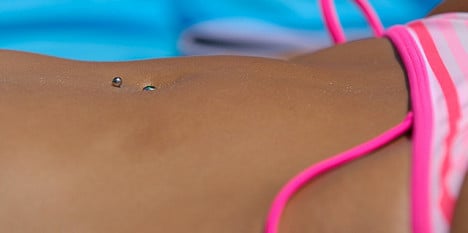Research lead by the University of Nantes has found that nearly one in three sun creams tested offered a lot less protection than the factor given by the manufacturer.
A few sun creams claiming to offer factor 60 protection were found to in fact only give about a factor 30, for example.
Researchers say this may be the case because of the anti-inflammatory element in the lotions.
When tested on human skin, the anti-inflammatory delays the development of redness, which allows manufacturers to give it a higher factor. But a delay in visible burning does not mean the user is getting a higher level of protection.
Speaking daily national paper La Libération, one researcher tried to explain this occurrence.
“Pressure from organic lobby groups means manufacturers are looking to replace the biological filters traditionally used in sun creams… And it is impossible to get high factors of protection with [the replacement filters],” said Laurence Coiffard.
But sun lotion manufacturers vehemently deny their product is not up to scratch, and claim the research is “not validated by any authority”.
The method used by the university is not yet recognised by any regulating body, despite being used in this study on sun creams for the past 10 years.



 Please whitelist us to continue reading.
Please whitelist us to continue reading.
Member comments